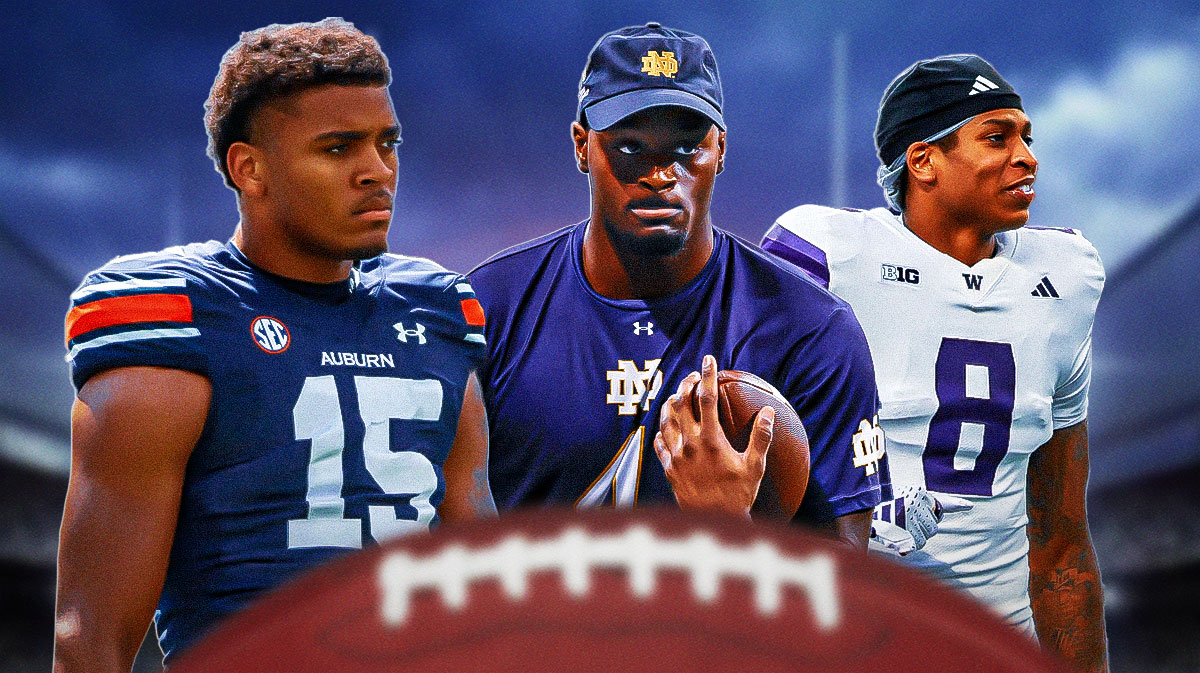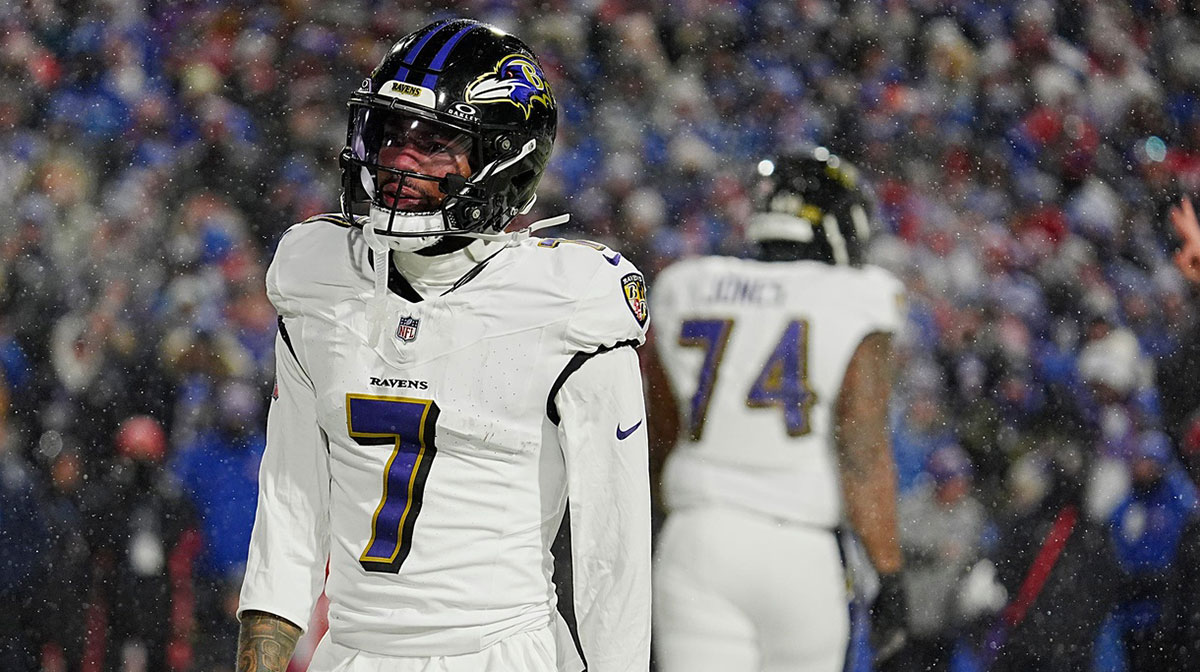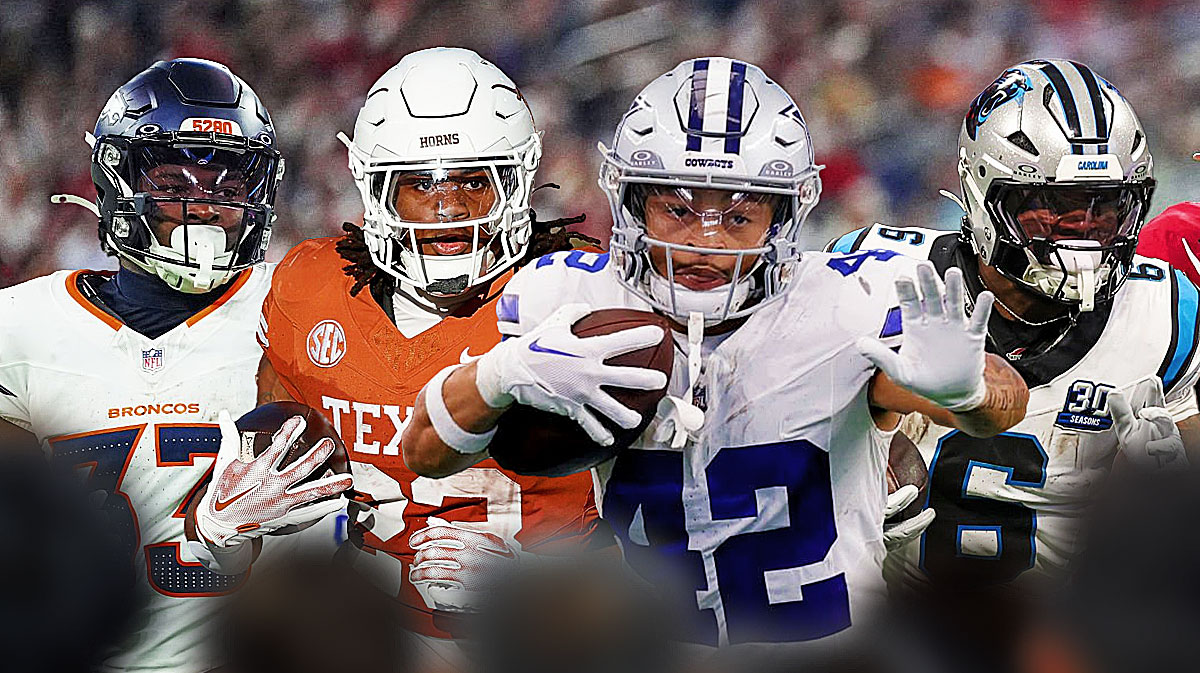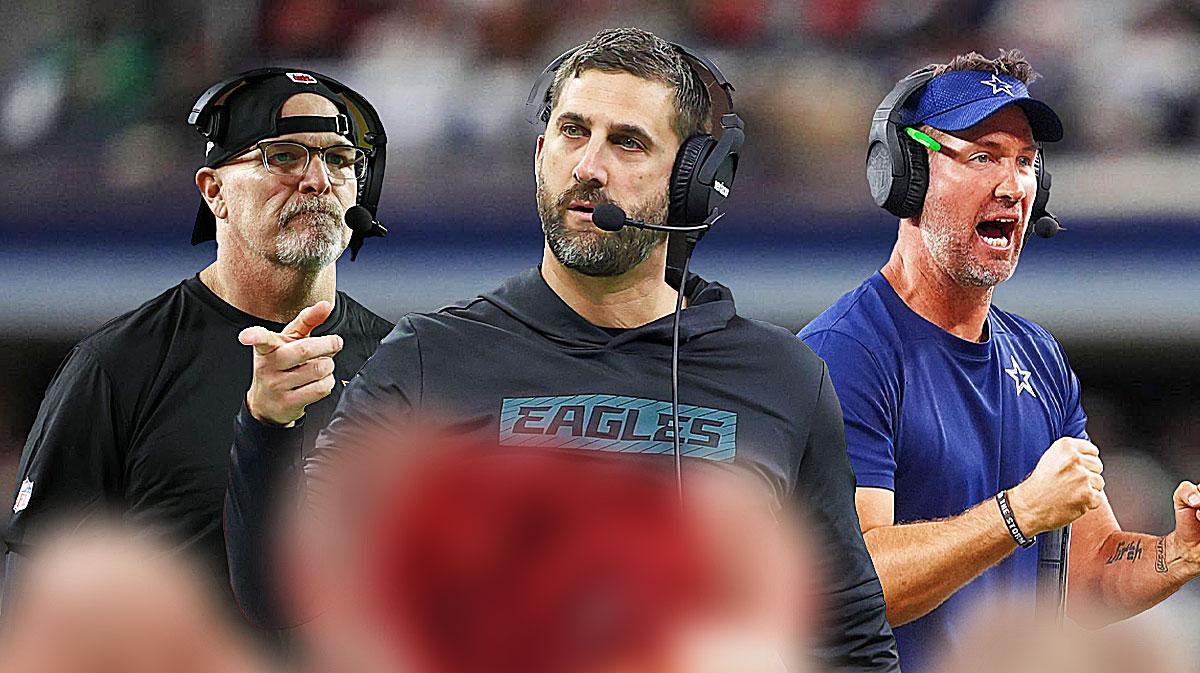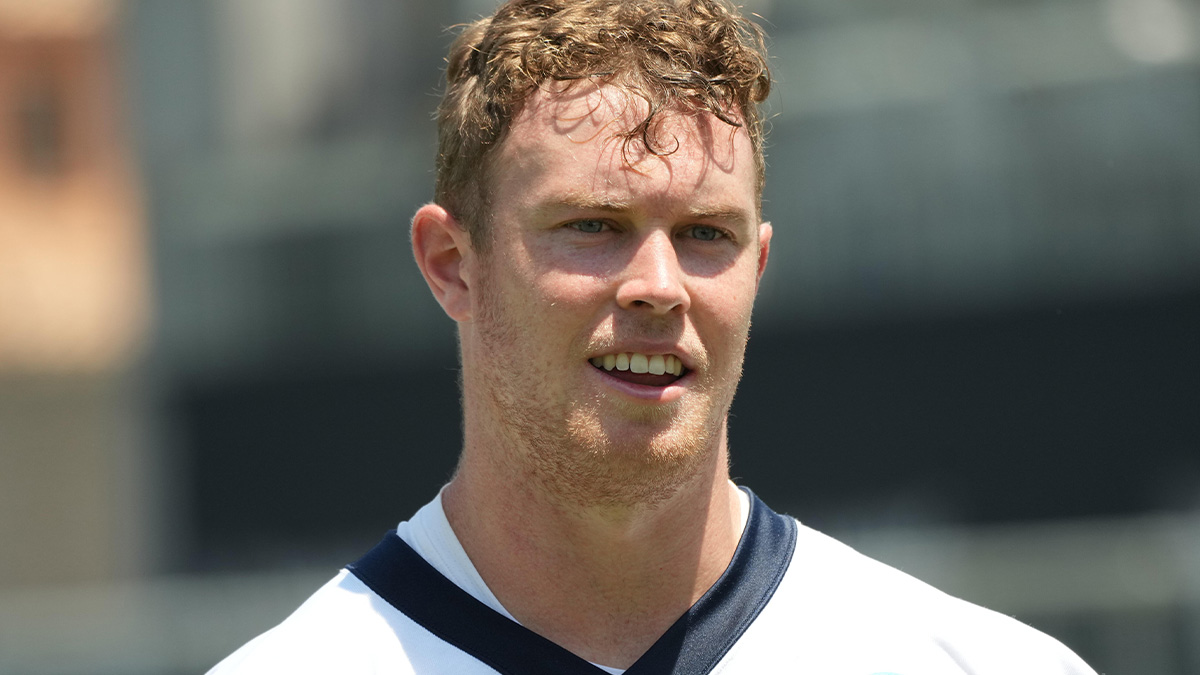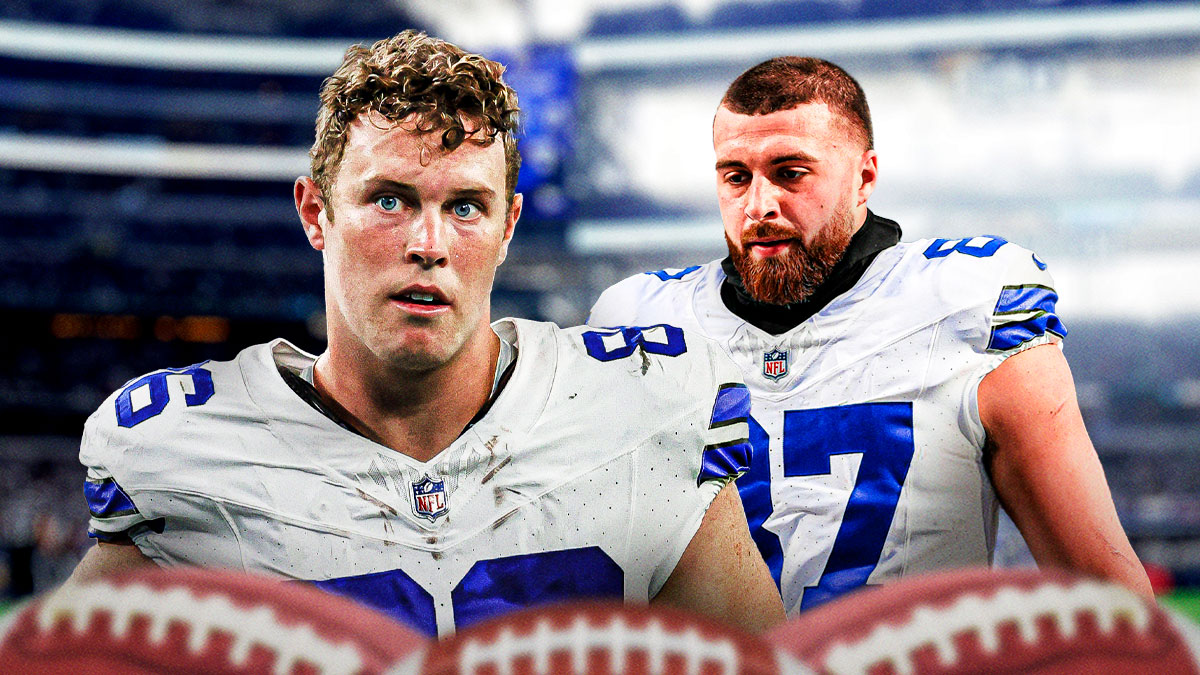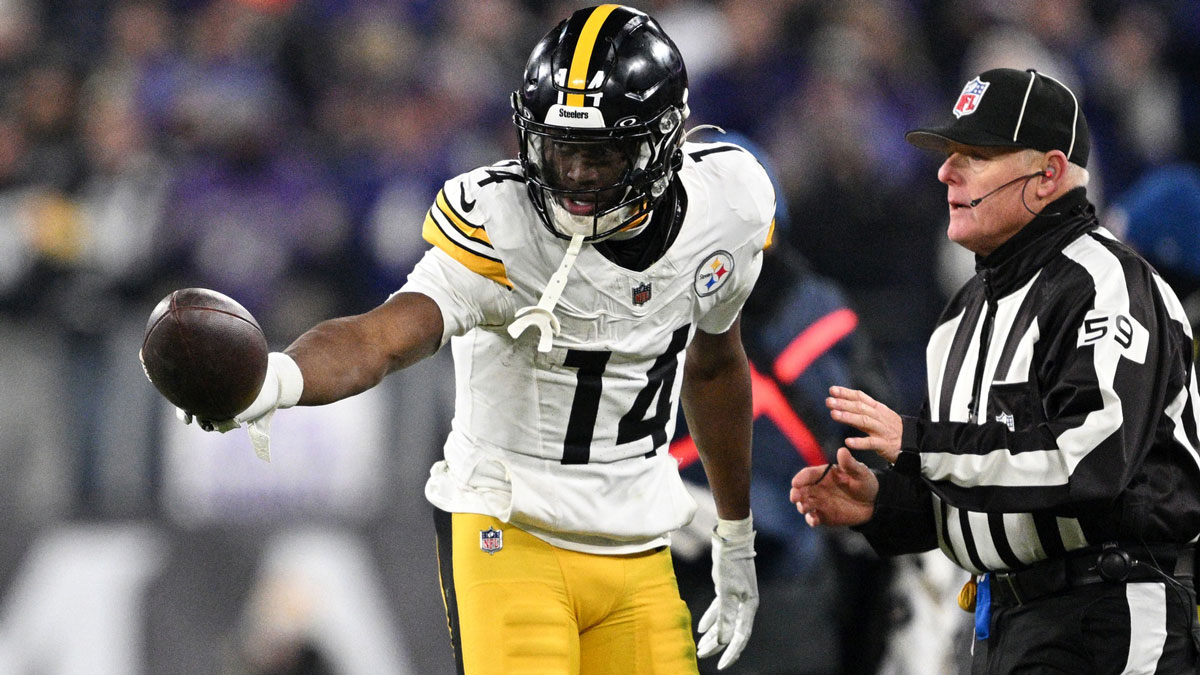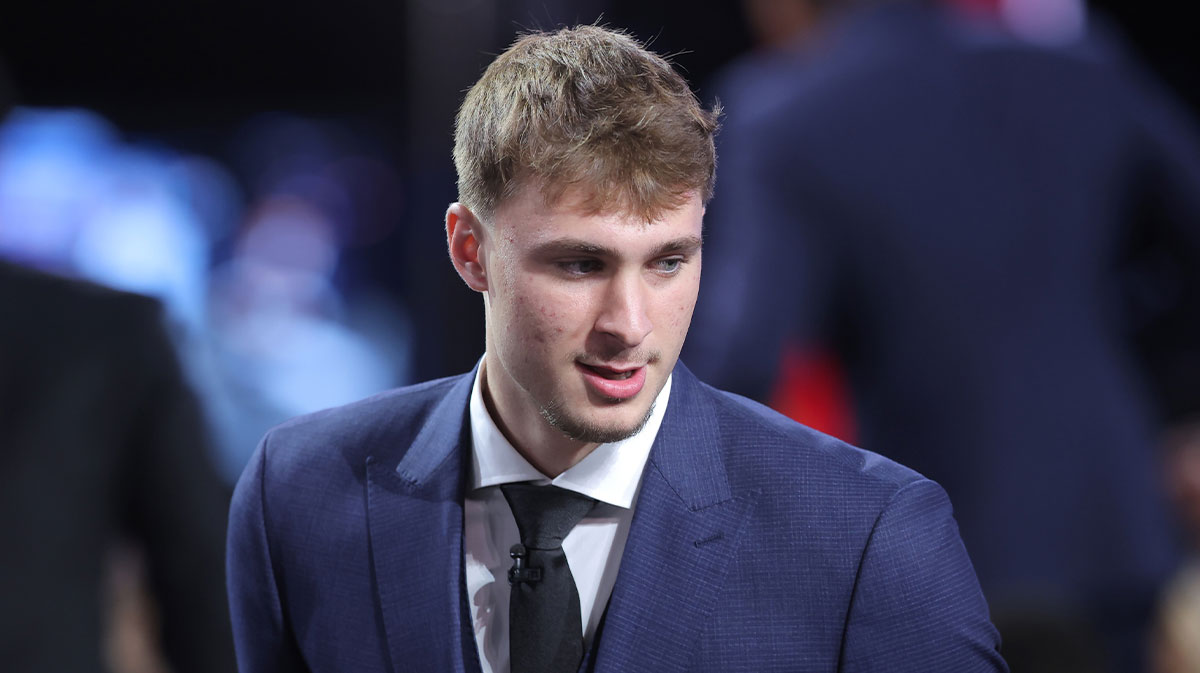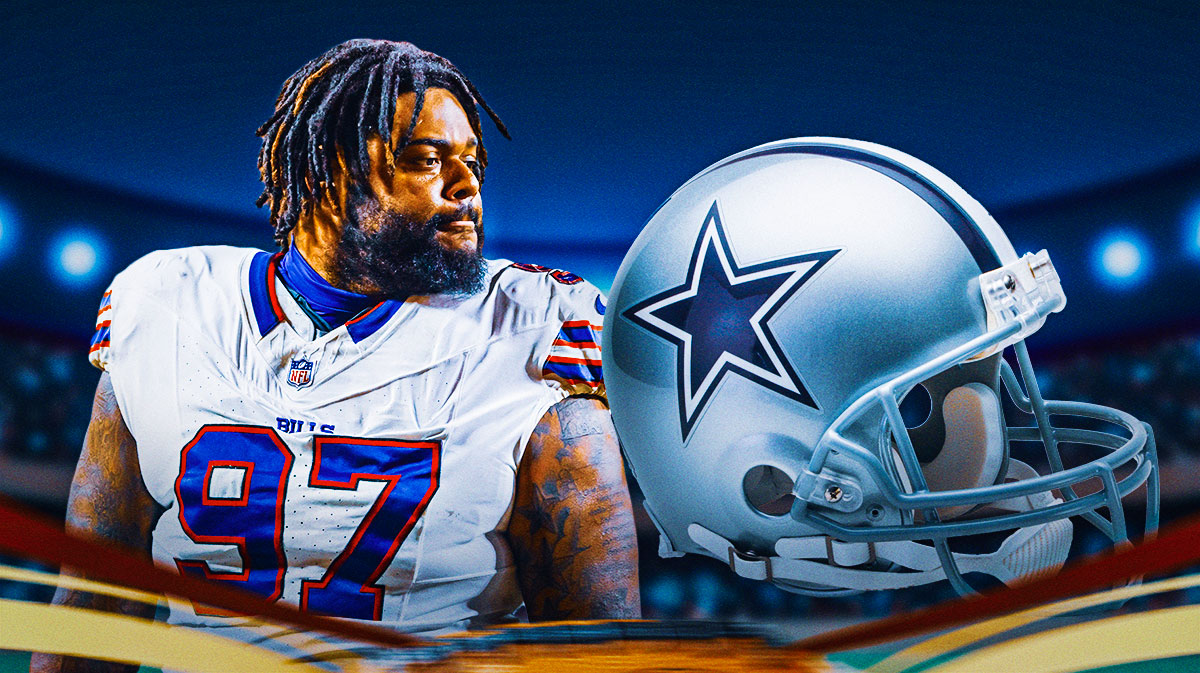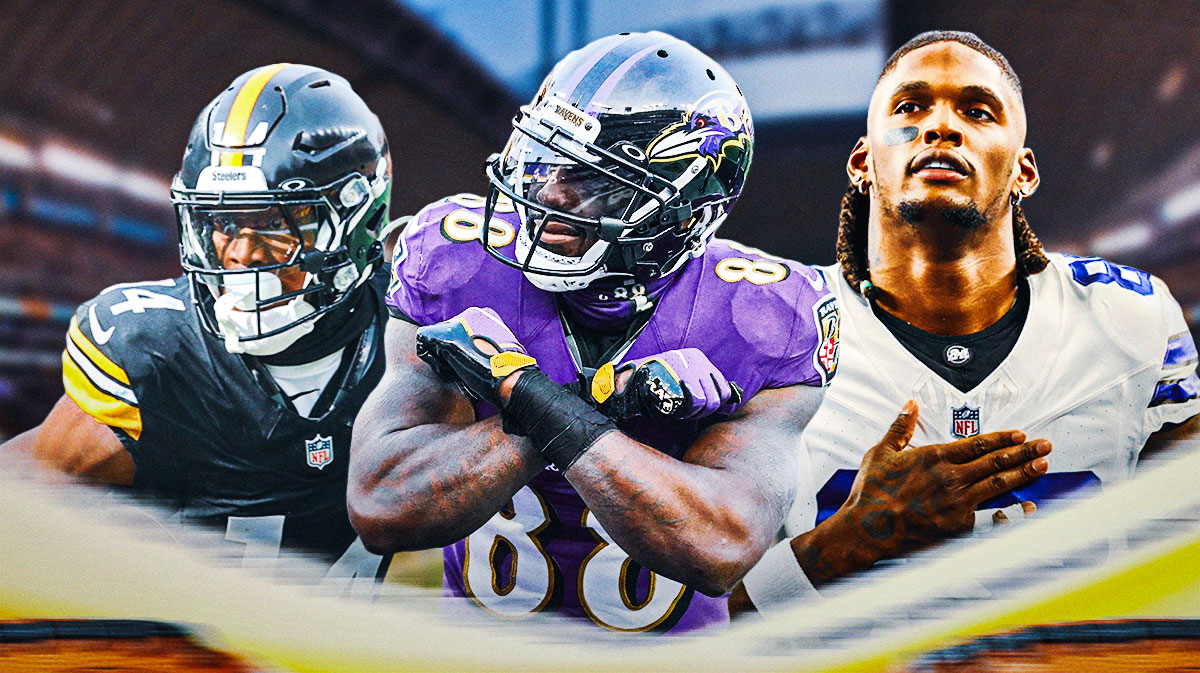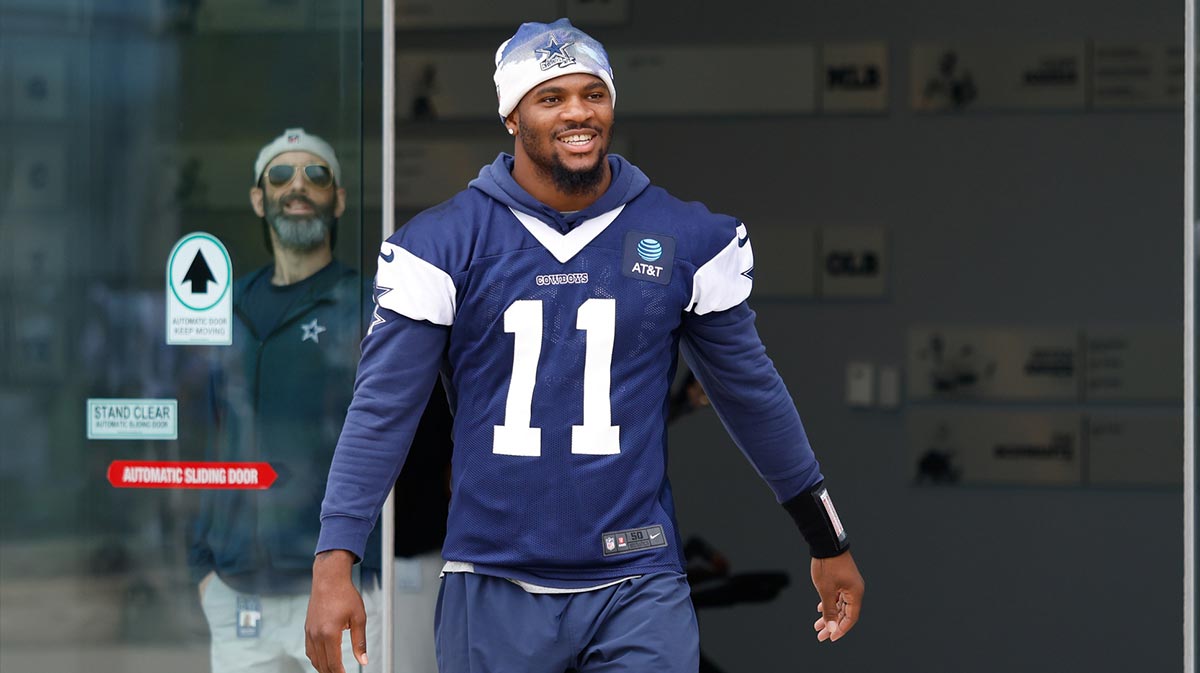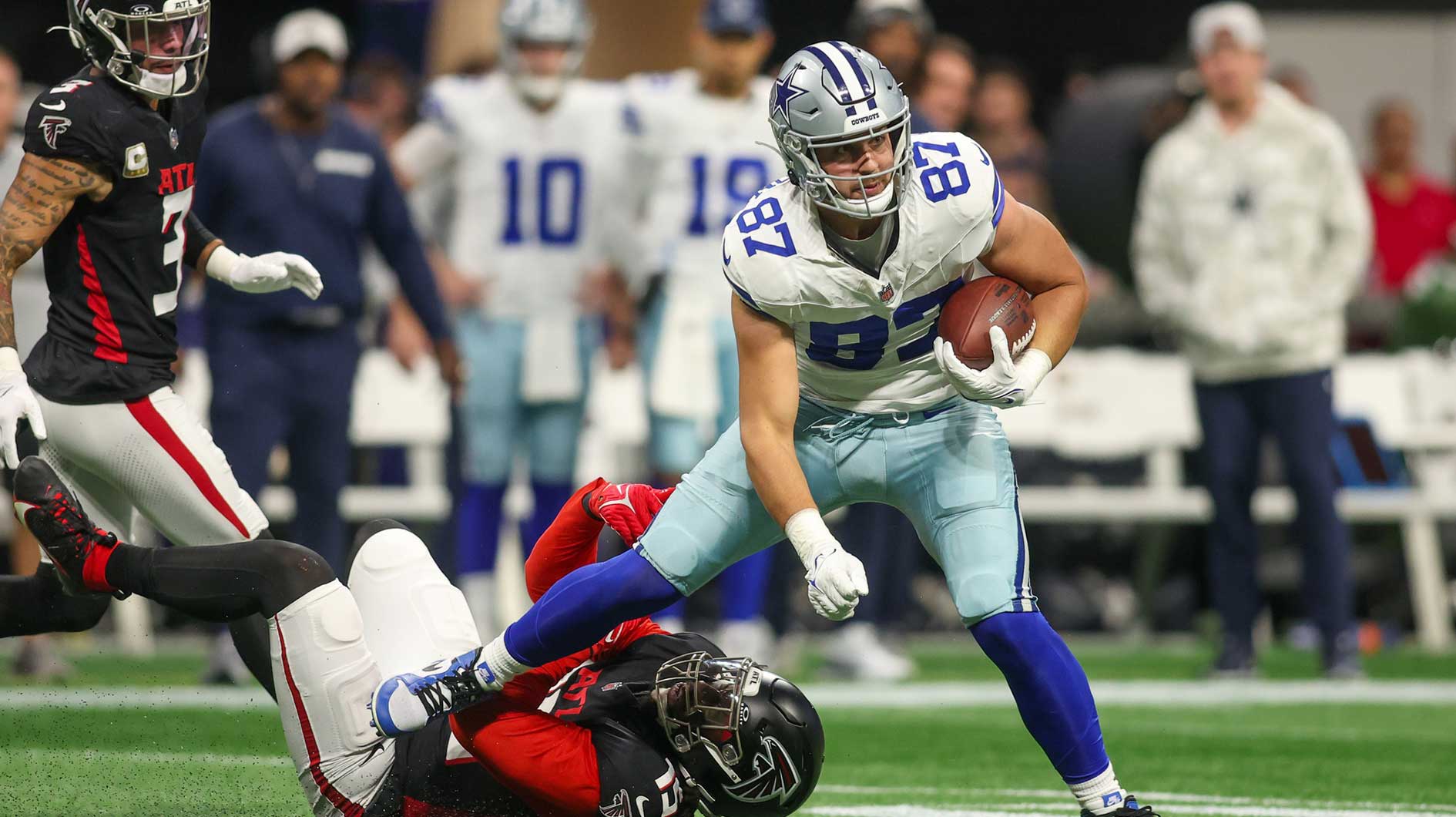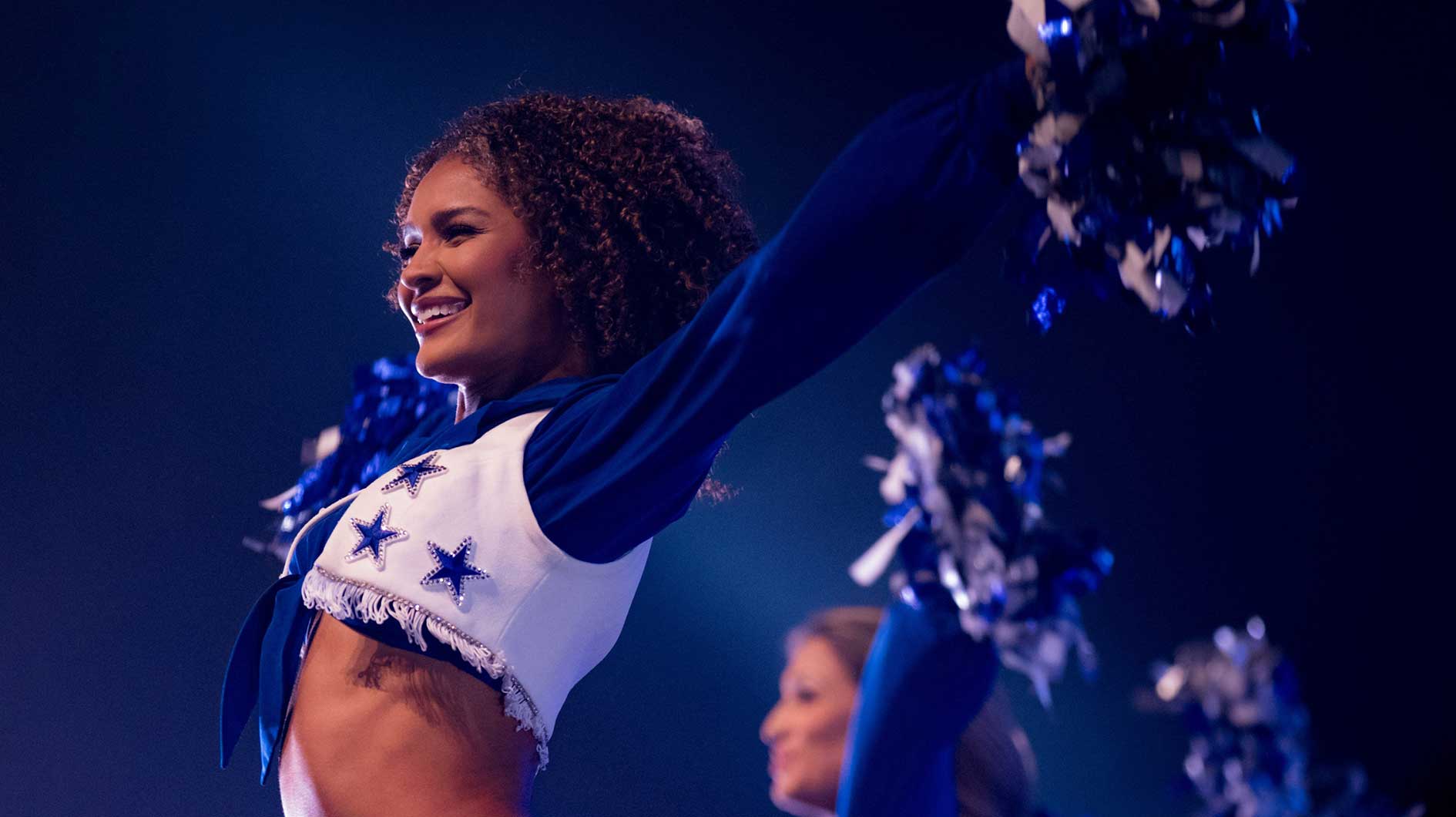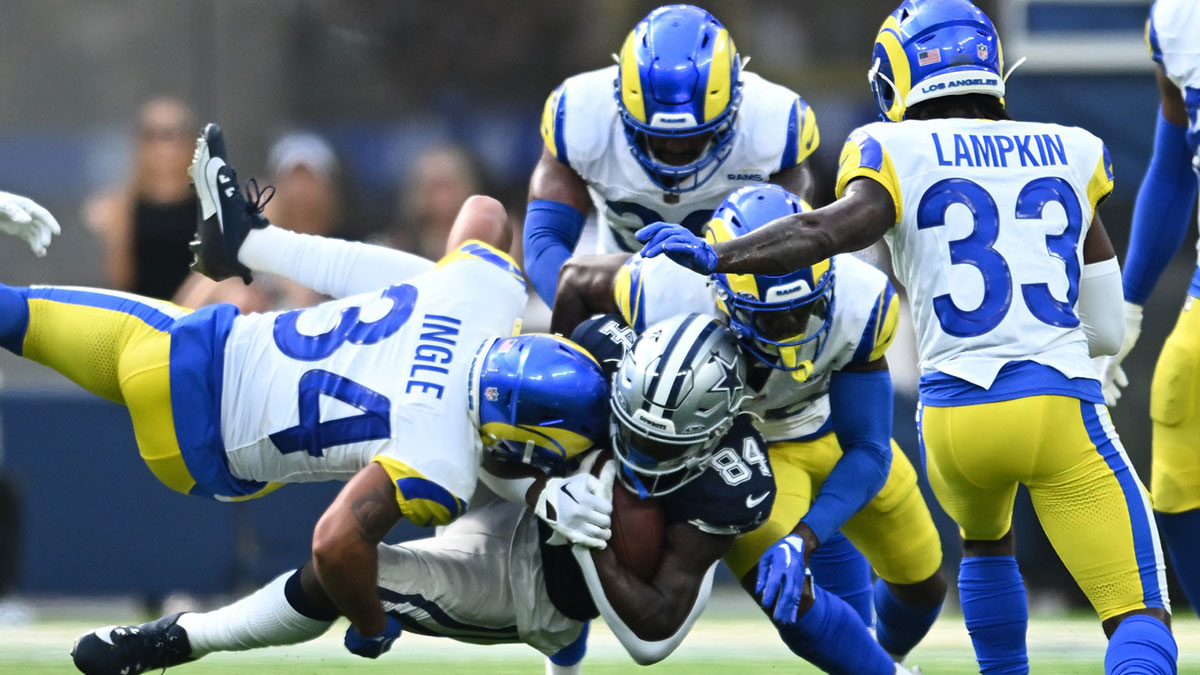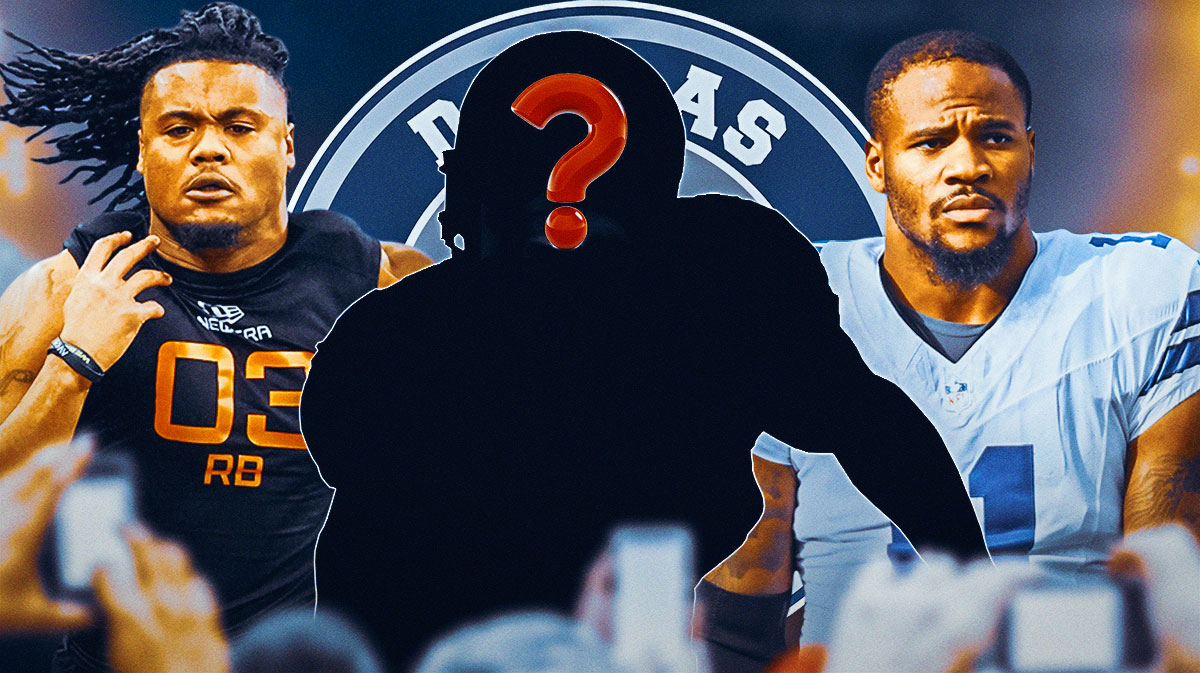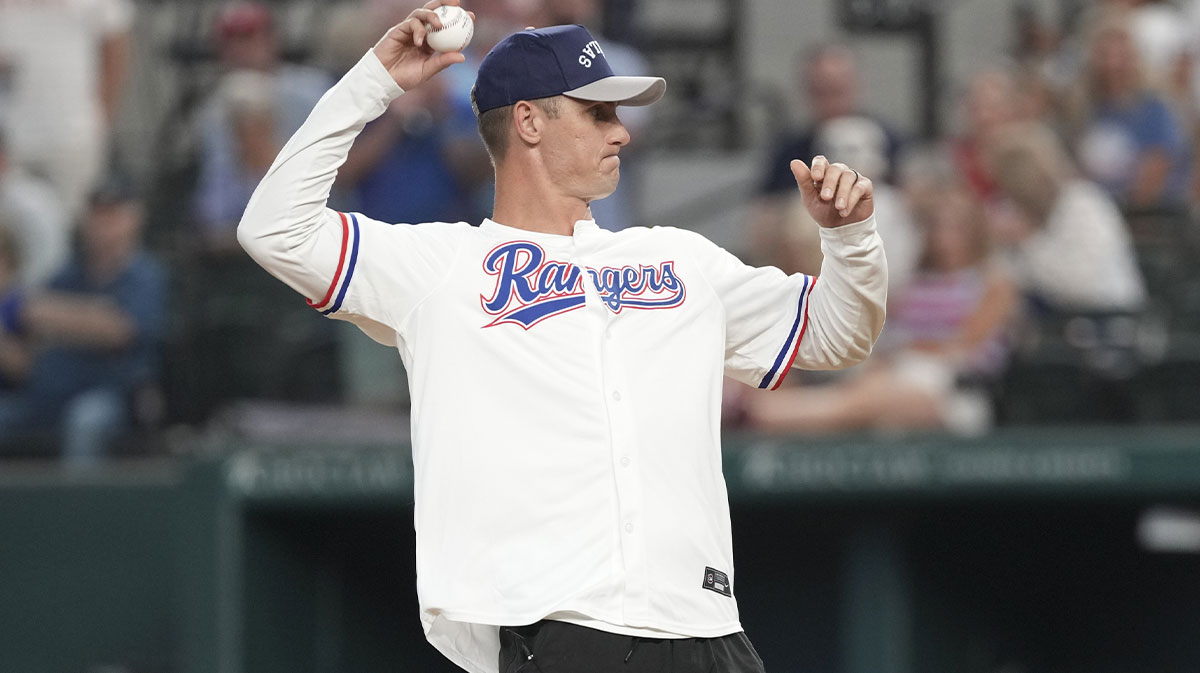The Jason Garrett coaching era in Dallas saw an unusual beginning. Following the departure of Hall of Fame coach Bill Parcels, Jerry Jones hired the Miami Dolphins quarterback coach and former Cowboy backup to be the new offensive coordinator and head coach in-waiting.
The problem? The franchise's next head coach had yet to be hired or even interviewed for that matter, leading to an oddity wherein the new coach would have no say in his OC, with his successor immediately circled as a replacement from day one should things go poorly for any reason.
That sort of thing could easily breed distrust within a coaching staff. Complicating things further was Jerry's connection to the Garrett family, specifically Jason's father. This wasn't just a football mind Jerry liked, this was a decades-long friendship and pseudo grooming process. So when Jerry did eventually hire Wade Phillips, it was only a matter of time before his 39-year-old coordinator supplanted him.
While the 2007 Dallas Cowboys roster would feature an NFL record 13 Pro Bowl nominations and feature Hall of Famers like Terrell Owens and a young Jason Witten, the team would ultimately fall in the Divisional Round of the playoffs despite 13 wins and the number one seed in the NFC.
For the next couple of years, the Cowboys would rise and fall, winning one playoff game in 2009 during Wade's tenure. Following that, a disastrous 2010 campaign saw a 1-6 start and Tony Romo lost for the season to a broken collarbone. The team would visibly quit on Wade in Green Bay during a 35-7 thrashing — and for the first time in Cowboys history, a head coach would be fired mid-season.
Stepping into the role of interim head coach, Jason Garrett would rally the squad to a 5-3 finish to reach a final record of 6-10 and solidify his place as the permanent head coach in the process.
The official Jason Garrett Era would open with three consecutive 8-8 seasons, each of which featured a week 17 “win and you're in” game the Cowboys would lose. Dallas' depth along the offensive line and throughout the defense was atrocious during this period and, had it not been for the statistical greatness of Tony Romo, each of those seasons might've been four or five win campaigns.
In the long run, that would've been for the best for Dallas, allowing them a premiere draft pick in the top five rather than hovering around the top 10. Regardless, through three seasons, the Princeton product boasted a head coaching record of 48-48 with zero playoff appearances.
By every indication, the eyeball test told you Jason wasn't ready for the job, yet there he was. To make matters worse, because he was Jerry's guy, the Cowboys were willing to wait as long as it took for him to gain the necessary experience to properly manage a game. When this continued to be a problem, they took away his playcalling duties after the 2012 season and gave them to Bill Callahan; the OC in title only the previous season. This, as well as the decision to bring Monte Kiffin out of retirement to run the defense, did nothing to aid Dallas's 2013 season, nor avoid a third straight 8-8 finish.
For Garrett, the worst days of .500 football looked to be behind him as the 2014 Cowboys featured the league's rushing champion, a dominant offensive line playing at probably its absolute peak, and a borderline Hall of Fame QB at the pinnacle of his ability and understanding of the game. Add to the mix a bend but don't break defense and the Cowboys looked to be real contenders.
To Garrett's credit, Dallas did have a fantastic season, going 12-4 and winning a playoff game for the first time in his tenure as head coach when they took down the Detroit Lions in the Wildcard Round. Their reward was a date at Lambeau Field in what would become one of the most infamous games in recent NFL history. Following the controversial call on the Dez Bryant catch down to the one-yard line, the Dallas defense failed to stop Aaron Rodgers and Randall Cobb on a big third down, bringing both the game and Dallas's season to an end.
Despite the heartache of defeat, it seemed clear that Garrett had taken a step forward in his own development as a coach, winning the NFC East for the first time and getting that first playoff victory.
2015 saw a myriad of injuries derail a 2-0 start. Without DeMarco Murray carrying the ball, the Cowboys were forced to lean a bit more on the quarterback once more, resulting in Tony Romo suffering another broken collarbone in week two at Philadelphia. To make matters worse, Dez Bryant, who had been dealing with injuries since camp, would also be lost for the majority of the season due to ongoing issues with a broken foot.
Dallas clung to hope, trading for new starting quarterbacks and running backs in-season to try and hold on until Romo could return, but the result would be a rushed return the week before Thanksgiving and another broken collarbone for Romo. Dallas would limp to a 4-12 finish that year, bringing Garrett's record once more back to .500.
That offseason, Dallas found itself with the fourth overall pick in the 2016 NFL Draft and decided it had been wrong to assume an average running back like Darren McFadden or Joseph Randle could control games behind their dominant offensive line the way DeMarco Murray had. To address this vital need and protect both the defense and aging, clearly brittle Tony Romo, they selected star running back Ezekiel Elliott out of Ohio State.
Unfortunately, we would never really get to see this pairing, as Romo would be knocked out of the majority of the season on just his third snap of the preseason in a week 3 match up with the Seattle Seahawks. Having already lost backup Kellen Moore earlier in minicamp, Dallas found itself forced to thrust rookie fourth round pick Dak Prescott into the starting role. What would result would be one of the wildest Cowboys seasons this century with the team tying a franchise record 13 wins, including nine straight following a Week 1 loss to the Giants at home.
Behind Elliott, the league's rushing champion and a dynamic offense, Dak Prescott was able to climb all the way up to third in the MVP voting. Still, come playoff time, Dallas found itself faced with a familiar foe as Aaron Rodgers and the Green Bay Packers came to town.
Falling behind 21-3 at home, Dez Bryant and Dak Prescott would rally to knot the game back up at 31-31 before getting the ball back with a chance to cap the improbable comeback. Dallas was moving with tempo, as they'd done on the previous drive working against the clock, but Garrett stepped in with a bizarre timeout as the Green Bay defense found itself on its heels. Rather than let his team maintain the momentum, he gave the Packers a chance to collect themselves and catch their breath. He also stopped the clock ahead of the 2-minute warning and left a little bit more time for Aaron Rodgers to respond. The Dallas drive stalled out of the timeout, having stopped playing with tempo, and Aaron Rodgers did Aaron Rodgers things, resulting in a 34-31 heartbreaker.
On the heels of a stellar season, the expectations were sky-high in Dallas. Unlike 2015, this wasn't a Dallas team helmed by an elder statesmen at quarterback, and the infusion of youth looked to be ushering in a new era entirely, but old habits die hard. The once-dominant offensive line regressed significantly in 2017, leading to Dak Prescott being under fire for most of the season due to sub-standard play at the left tackle position. Making matters worse, a year-long legal battle between Ezekiel Elliott and the NFL had resulted in a six-game suspension, which wouldn't be finally upheld until week 10 against Atlanta. With the offense in shambles and the defense still mediocre, the Cowboys would just barely scrounge out a 9-7 record, missing the playoffs but avoiding the dreaded 8-8 mark no one associated with the team wanted to address.
The 2018 season should've been the final nail in Jason Garrett's coffin. In the offseason, Dallas made the controversial decision to waive star receiver Dez Bryant in favor of a receiving corps consisting of Allen Hurns, Terrence Williams, a rookie Michael Gallup, and Deonte Thompson. Adding to the chaos, veteran staple Jason Witten abruptly retired after day one of the draft, leaving Dallas with another hole to fill. When the season arrived, it became clear how outmatched Garrett and his team were.
The Cowboys limped out of the gates to a 3-5 start, as Dak Prescott and the offense struggled to put points on the board. Meanwhile, Elliott was held largely in check, still getting his yards but failing to cap off drives once the offense did manage to reach the Redzone. In a move mid-season that signaled Dallas had made a mistake, the Cowboys traded a first-round pick to the Oakland Raiders in exchange for the 23-year-old Amari Cooper.
Behind Cooper, the Dallas offense would become a revelation, spurring the team to win 7 of its last 8 regular-season games and to win the NFC East for the third time in five seasons. The Cowboys would even go on to earn Garrett's second playoff victory against the Seattle Seahawks in the Wildcard Round, and with no Aaron Rodges in sight, many around the city felt a sense of real optimism this could finally be the year.
After all, Dallas was hotter than any team in the league, and the offense was finally a major factor with the inclusion of a true number one receiver and route-running savant. Then the Divisional Round game happened in Los Angeles.
Dallas's stout defense had its teeth kicked in all game, giving up 200+ rushing yards to two running backs while Elliott and the offensive line struggled to establish the run on their end. The result was a 30-22 loss that wasn't as close as the final score suggests. Dallas was outclassed across the board, most notably in the coaching department to second-year coach, Sean McVay. Despite his every expectation, no extension would be offered to Jason Garrett that offseason. 2019 would see him coaching for his livelihood.
Entering this 2019 season, expectations were, as they always are, sky-high. However, between the hot streak the team had ridden into the postseason the previous year and the dismissal of offensive coordinator Scott Linehan, the belief was that the offense was more talented and would finally step into the 21st century in terms of offensive scheming and philosophy.
This belief seemed to be validated by a resounding 3-0 start that saw the Cowboys run roughshod over division rivals New York and Washington, as well as a pitiful Miami team being less than subtle about its wish to tank this season. The offense dazzled and Dak Prescott had never looked better, but there were issues looming nevertheless.
The defense gave up explosive plays far too regularly, the team struggled to get pressure on the opposing quarterback, and creating turnovers was like trying to find an oasis out in the middle of a desert wasteland. Still, these concerns were brushed away by most as either over-analytical or too small of a sample size to really deserve the sounding of an alarm.
Unfortunately, it wouldn't be long before the cracks began to really show in the Cowboys' armor.
After winning three straight to begin the year, Dallas dropped its next three games, losing to the Drew Brees-less Saints in New Orleans; the okay but not great Packers led by Aaron Rodgers; and, somehow, the winless New York Jets. Dallas would head into its bye week plagued with questions about its merit.
To their credit, they would answer the bell the next two weeks, thrashing the Philadelphia Eagles 37-10 in Arlington, and then going to New York and the very stadium of their greatest humiliation to date that season, and taking care of the Giants, 37-18. From that moment on, however, the team would find itself searching for its own identity, losing four of five games and eight out of its final twelve to date.
Throughout this skid, multiple reports claimed Jerry Jones had made it clear internally that unless Jason Garrett somehow got this team back on track and into the NFC Championship game, this season would be his last as the Head Coach of America's Team. So with a 7-7 record and a chance to clinch the division in Philadelphia, Garrett would rise to the occasion and lead his team into battle, right?
While Garrett's team didn't quit on him against the Eagles, they sure as hell didn't play like they were fighting for his job, despite it being clear he had no margin for error remaining. The team looked lethargic in the first half, a continual problem throughout the 2019 season, and failed to execute on the “little things” Garrett has made a career preaching about.
The team played one of its worst games of the year and Garrett continued to flinch in the face of adversity, the clearest example being on 4th and 8 with their season more or less on the line going with 12 personnel rather than having either Amari Cooper or Randall Cobb out on the field. Let me repeat that. Trailing by eight with under two minutes to play on the road, Jason Garrett elected to use two tight ends on 4th and 8 just outside the Philadelphia Redzone rather than putting in two of his team's biggest playmakers.
The only reason Jason Garrett was allowed to coach the Cowboys this year is that Amari Cooper saved his job when he came over in the trade last season. Randall Cobb, meanwhile, made plays for Dallas out of the slot all season and was largely responsible for the Cowboys even getting deep into Philadelphia territory thanks to a couple of big plays. But in typical, head-scratching fashion, Jason Garrett made a poor game-management decision and then doubled-down after the fact. Now, with just one game remaining in Washington, Jason Garrett's job hangs by a thread. Dallas hasn't been eliminated from the playoff picture yet, but their season is on life support.
Jason Garrett has been the head coach of the Dallas Cowboys for 10 seasons now. In his time, he has three division titles, two playoff wins, zero NFC Championship game appearances, and a total record of 84-67. That's a 55% winning percentage, yet the stain of his initial seasons has continued to plague the perception of him long after the particulars of those seasons faded into memory.
On paper, his run the past five seasons prior to this one is what the majority of teams around the league would love to have, but when you take into consideration the expectations, talent, and in three separate seasons the impeccable health of this team, it's unforgivable to fall so short of the mark. Garrett, like his offensive philosophies, is a relic from the 90s, old school and unwilling to adapt or change his “process” despite 10-plus years of evidence his methods and approaches don't equate to postseason success or championships.
Now, as yet another Cowboys season comes crashing down around him, it finally appears as though the safety net has been removed as Jerry is beyond frustrated with his team's continual failure. As such, the 8-8 record that has so long defined Jason Garrett's legacy, the mark he's feared and dreaded since the beginning of his coaching career in Dallas, is the mark he'll have to scratch and claw to earn in Washington Sunday if he wants his team to have any shot at sneaking into the playoffs.

